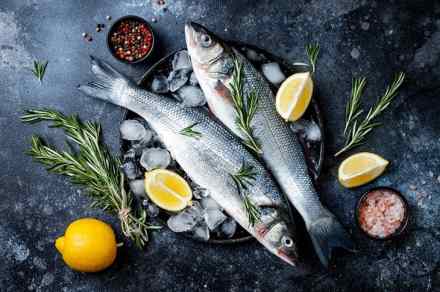The mechanics of ‘backlash’
‘Lashings of ginger beer?’ asked my husband when I mentioned backlash. He thought the phrase came from Enid Blyton, though it occurred only in the television parody Five Go Mad in Dorset, first shown in 1982 — 40 years ago, for heaven’s sake. Backlash, now in vogue, is often misused. The Guardian wrote about ‘the mass protests in the light of the George Floyd murder and the backlash to this movement’. That usage seems correct. But when it said that Chanel ‘recently faced a backlash online for the contents of their Christmas advent calendar’, backlash was the wrong word. The metaphor backlash comes from mechanics. It is pretty much a





















